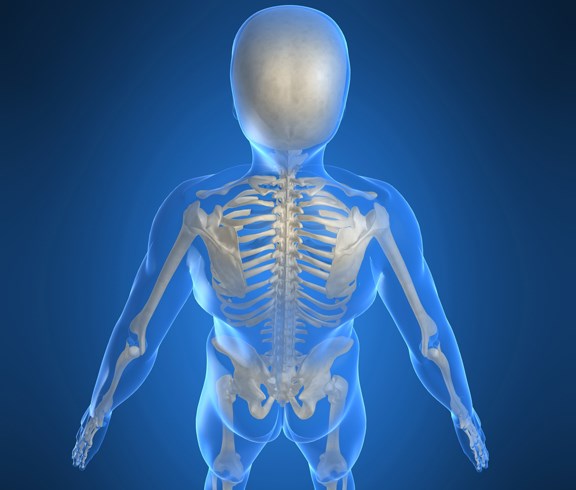Andrea McGowan was diagnosed with juvenile rheumatoid arthritis at the age of two.
I'm sure you are thinking that this must be a strange and unusual situation because we all know about arthritis. We know that it hits people as they age. In other words, it's an old person's affliction, not one we expect to see in children.
But the reality is that 650,000 British Columbians live with arthritis. There are more than 100 different kinds of arthritis, and three in every 1,000 children struggle with this complex disease every day. The astonishing number of 24,000 Canadian children have been diagnosed with arthritis. Early diagnosis and treatment can make a huge difference to a child's future. But besides the medical treatments and supports, kids need to know that they are not alone.
For this important role, the Arthritis Society hosts an annual three-and-a-half-day summer retreat at Camp Capilano in North Vancouver for children and adolescents in B.C. with pediatric rheumatic diseases. This annual retreat is generally limited to children being cared for by a pediatric rheumatologist.
Campers learn more about their disease and treatment options, improve self-esteem, develop self-management skills and a higher level of functional independence. The camp also provides an excellent opportunity for children to develop a support network. They enjoy the recreational activities, have fun and also meet others with similar issues. This retreat is delivered in partnership with the Mary Pack Arthritis Program's pediatric team and the Pediatric Rheumatology Program at B.C. Children's Hospital.
One of their campers is Andrea McGowan. She attended for five years and has now returned as a camp counsellor. She says the value was meeting other kids who could understand what she was going through. And now she says, "Returning to camp as a counsellor has been the most rewarding experience to date in my life. We have made memories and friendships that will last a lifetime."
March is Childhood Arthritis Month and the Arthritis Society is working to create awareness and educate about this complex disease. Juvenile arthritis can have lifelong consequences, and is one of the more common disorders resulting in chronic disability in children and teens in Canada.
What can parents do? One of the major challenges with juvenile arthritis is diagnosis. As I mentioned, it never occurs to any of us that a young person can have the disease. But, Andrea was diagnosed when she was two years old. Not only not elderly, but still a baby.
The symptoms of the disease are pain, fatigue and stiffness and swelling of the joints. I started to think about my children when they were young. If they complained of a sore knee, hip or elbow I figured it was a result of getting hit in hockey, falling at the park or jumping too much during recess. And fortunately for our family, I was right. Sometimes we needed to put some ice on the sore muscle but often all it took was the magic parent kiss to make it better.
Another kind of ache to watch is what we would call growing pains. When a young teen complains of aching legs, the usual thought is growing pains. And that could be correct. But consider, is he actually growing at a rate that might cause this complaint?
If your kid's aches and pains continue, it's important to check them out. As a matter of fact, many adults who start to experience arthritic symptoms in their later years remember that they had similar aches and pains as children. So go to the doctor. You may have to do some research (arthritis.ca) because your doctor may not have encountered a child with the disease and so this could be new to her as well.
Another challenge with juvenile arthritis is that it manifests in many different ways. One day your child could have a sore knee, that gets treated and all is fine. And it could stay in remission. Or it can flare up in a dozen different joints at once. According to one parent it's a day-by-day thing.
There is no known cure for arthritis, but excellent treatments exist that are aimed at controlling the disease. In the Lower Mainland we are fortunate that we have the B.C. Children's Hospital close at hand. Your child may spend a fair bit of time there in therapy of one sort or another, but the staff is fabulous and the treatment is the latest so our children are well served.
Kathy Lynn is a professional speaker and author. Read more at parentingtoday.ca.



